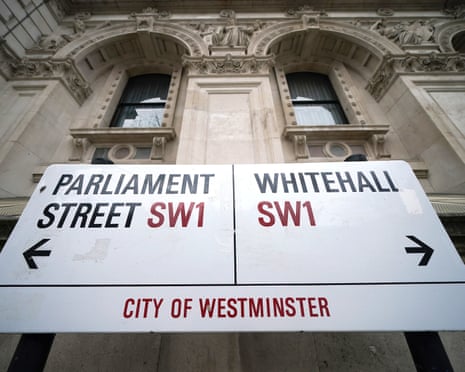Beware of Hallucinating Humphrey Roaming Whitehall!
I question whether government officials consulted their AI tool, Humphrey, regarding its name (UK government rollout of Humphrey AI tool raises fears about reliance on big tech, 15 June). Perhaps it could have reminded them that in the 1970s, “Humphrey” was associated with a milk marketing campaign: “Watch out, there’s a Humphrey about.” This phrase now takes on an entirely different significance. After spending weeks in the Lords attempting, unsuccessfully, to secure protections for creative industries from AI misuse, that new meaning might prove prophetic. On a personal note, my husband is frustrated that his name is once again being appropriated.
Your article (The ‘death of creativity’? AI job fears stalk advertising industry, 9 June) quotes the CEO of a major advertising agency stating that “AI will disintermediate a large number of jobs.” I sought clarification from an AI tool, but ten minutes later, it was still processing. Perhaps absurd management jargon is an area where human intuition can still outpace AI?
Heather Stewart says that while large language models are jeopardizing creative jobs and careers, they “remain prone to casually making things up” (Policymakers who think AI can help rescue flagging UK economy should take heed, 15 June). Might her article encourage MPs to take significant legislative steps to safeguard their own roles?
In response to Heather Stewart’s piece, I may not be an expert, but has anyone considered simply unplugging AI, taking a walk, and then returning to see what’s happened? If the door’s locked, we’re in trouble.
To verify one AI’s “hallucination” errors, could we not employ another AI to assess the output of the first, possibly discerning any fabrications?
Since the English language seems to lack a verb that means “to generate something via AI,” may I propose “to bot”? This could serve as a quick way to ascertain whether someone genuinely produced the work themselves or simply botted it.
Have an opinion on anything you’ve read in the Guardian today? Please email us your letter and it will be considered for publication in our letters section.







